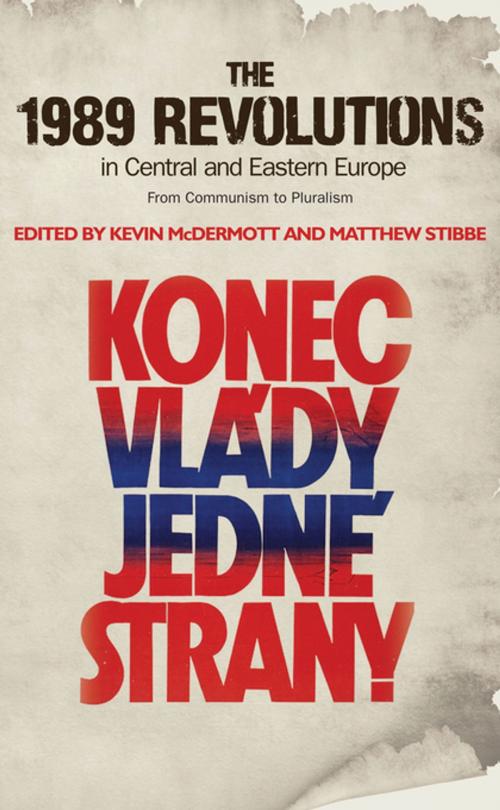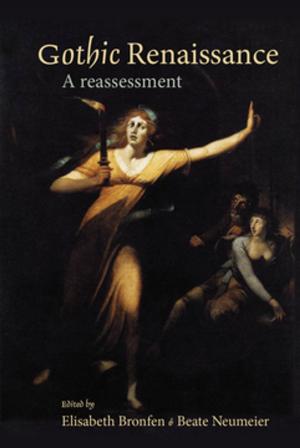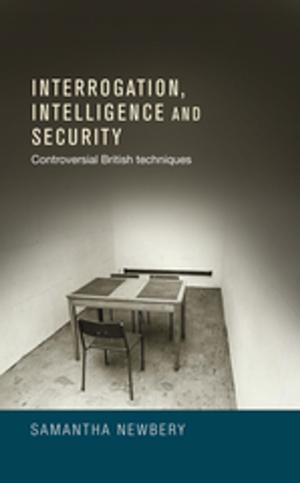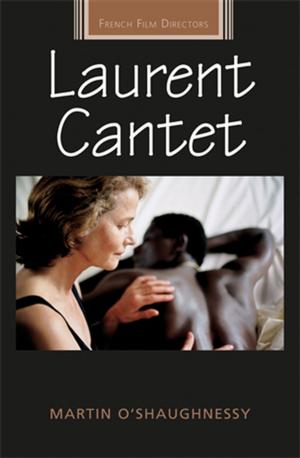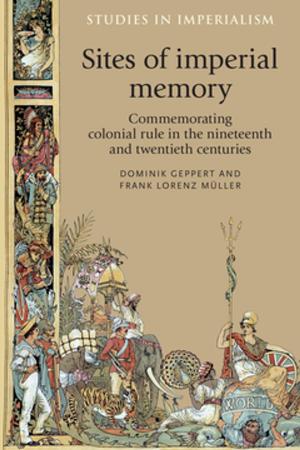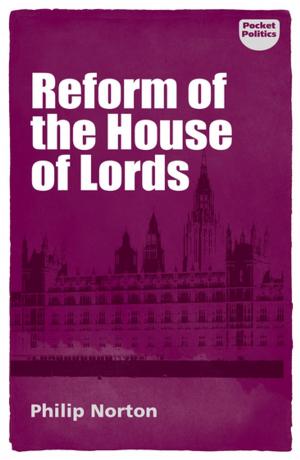The 1989 Revolutions in Central and Eastern Europe
From Communism to Pluralism
Nonfiction, Social & Cultural Studies, Political Science, Government, Communism & Socialism, Politics, History & Theory, International| Author: | ISBN: | 9781526103475 | |
| Publisher: | Manchester University Press | Publication: | November 1, 2015 |
| Imprint: | Manchester University Press | Language: | English |
| Author: | |
| ISBN: | 9781526103475 |
| Publisher: | Manchester University Press |
| Publication: | November 1, 2015 |
| Imprint: | Manchester University Press |
| Language: | English |
This important book reassesses a defining historical, political and ideological moment in contemporary history: the 1989 revolutions in central and eastern Europe. Bringing together established and younger British, European and north American experts from a variety of disciplines, including history, political science, international relations and cultural studies, the volume examines the rapid dismantling of the communist regimes in the late 1980s and the transition to pluralism in the 1990s. Incorporating archival sources and the most recent research and written in an accessible style, the chapters address such key themes as the broader historical significance of the 1989 events in relation to previous revolutionary upheavals in Europe in 1789, 1848 and 1917; the complex interaction between external and internal factors in the origins and outcomes of the revolutions; the impact of the 'Gorbachev phenomenon', the west and the end of the Cold War; and the political and socio-economic determinants of the revolutionary processes in Poland, Hungary, the German Democratic Republic, Czechoslovakia, Romania and Bulgaria. A distinctive feature of the volume is its exploration of the competing academic, cultural and ideological perceptions of the year 1989 as revolutionary triumphalism gave way to post-communist uncertainties. The authors critically evaluate the attempts to 'reconstruct the past' as new, more explicitly right-wing political agendas emerged in the ex-communist countries in the late 1990s and beyond. Concluding that the contentious term 'revolution' is indeed apt for the momentous developments in eastern Europe in 1989, this book will be essential reading for undergraduates, postgraduates and specialists alike.
This important book reassesses a defining historical, political and ideological moment in contemporary history: the 1989 revolutions in central and eastern Europe. Bringing together established and younger British, European and north American experts from a variety of disciplines, including history, political science, international relations and cultural studies, the volume examines the rapid dismantling of the communist regimes in the late 1980s and the transition to pluralism in the 1990s. Incorporating archival sources and the most recent research and written in an accessible style, the chapters address such key themes as the broader historical significance of the 1989 events in relation to previous revolutionary upheavals in Europe in 1789, 1848 and 1917; the complex interaction between external and internal factors in the origins and outcomes of the revolutions; the impact of the 'Gorbachev phenomenon', the west and the end of the Cold War; and the political and socio-economic determinants of the revolutionary processes in Poland, Hungary, the German Democratic Republic, Czechoslovakia, Romania and Bulgaria. A distinctive feature of the volume is its exploration of the competing academic, cultural and ideological perceptions of the year 1989 as revolutionary triumphalism gave way to post-communist uncertainties. The authors critically evaluate the attempts to 'reconstruct the past' as new, more explicitly right-wing political agendas emerged in the ex-communist countries in the late 1990s and beyond. Concluding that the contentious term 'revolution' is indeed apt for the momentous developments in eastern Europe in 1989, this book will be essential reading for undergraduates, postgraduates and specialists alike.
